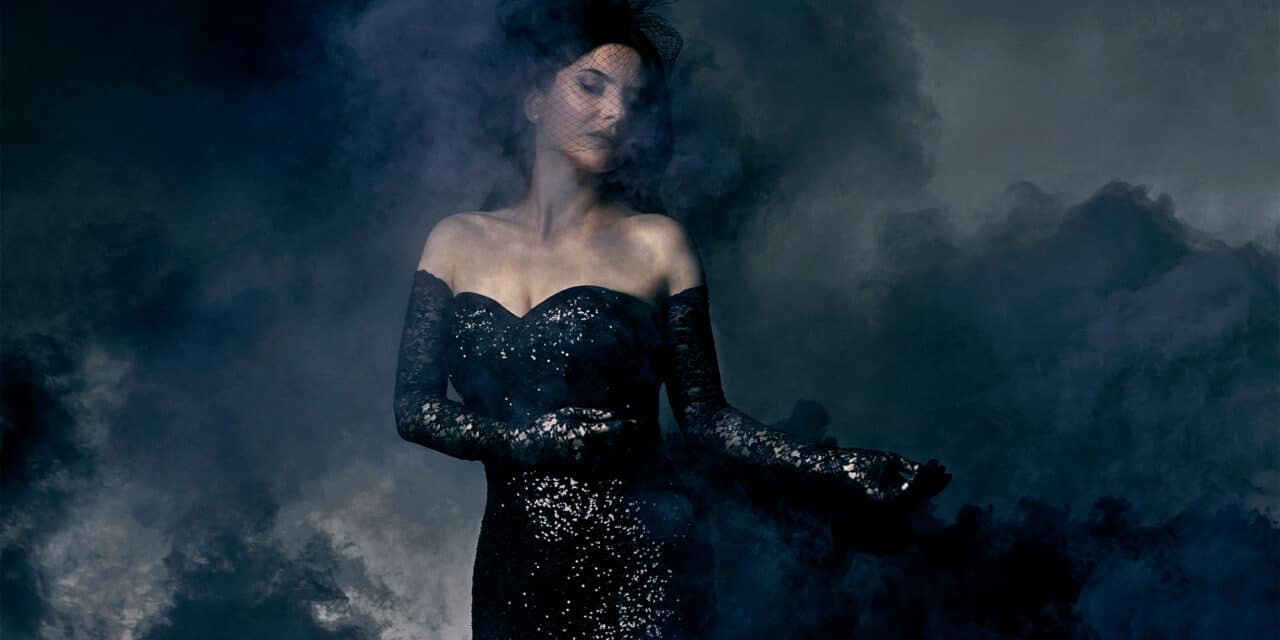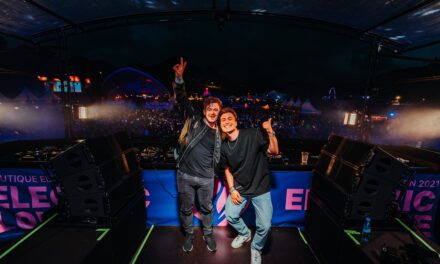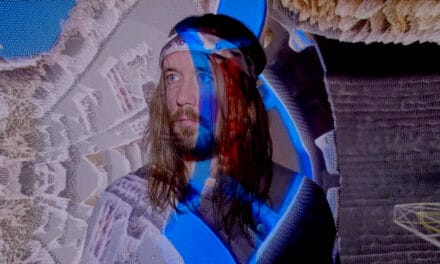Zarema’s deeply emotional gothic pop ballad offers a poignant tribute to the resilience and love of mothers and children displaced by war. Inspired by real stories of refugees, the song captures the indescribable strength of those enduring unimaginable hardships.
The accompanying black-and-white music video, directed by renowned filmmaker Marc Klasfeld (best known for his work on Wiz Khalifa’s “See You Again”), features real refugee mothers and their children, many of whom have fled active war zones. Zarema shares that while working on the video, “I could see my nieces and nephews in those beautiful children,” adding a deeply personal layer to this already moving visual story.
Zarema, born in Crimea and now based in Los Angeles, is a multilingual artist and actress whose work blends cultural memory with cinematic storytelling. Her early career saw her achieve success across Europe, where she signed with Sony BMG, performed for tens of thousands, and topped music video charts. Since relocating to the U.S., Zarema has become a sought-after SAG-AFTRA actress, known for her roles in shows like NCIS, FBI: International, and The Queen’s Gambit.
As Zarema’s new single releases, there’s much to explore in her inspiring journey — from her cross-continental roots to creating music grounded in empathy and lived experience. Let me know if you’d be interested in speaking with her about the inspiration behind the song, her collaboration with Marc Klasfeld, and her unique journey in both the music and acting worlds.
“I Hold You Child” is such an emotional and timely release—what moved you to write this song, and why did you choose to release it on Mother’s Day?
I wrote my song “I Hold You Child” after I saw an online video of a little refugee boy crying and telling his story about how he and his mother had run away from the fighting and had walked for hours trying to make their way to safety. And he thought that they would be walking for days, but then they were fortunate that the driver of a small bus picked them up. The boy was emotionally thanking the driver through his tears. It just broke my heart and I couldn’t hold back my own tears, so that’s how I began writing my song.
In my lyrics I say: “I can hear your little heartbeat, I will cover up your eyes not see”, for every mother who has gone through such a devastating experience. And also “I’ll protect you, my child, you should know the world is praying” as a comfort to every mother who is desperate for human empathy and kindness in such a challenging situation. To me, these are universal emotions and they’re very relevant to Mother’s Day.
The video features real refugee mothers and children. What was it like to work with them, and how did their presence shape the emotional tone of the project?
It was a long journey to write the melody for the verse, then the melody for the chorus, then the lyrics. Then I hired some very talented musicians and we recorded the song. Then we set out to create the music video.
Of course, the song already had a deeply emotional tone, but being able to include actual refugee families in the video was such a wonderful addition. Despite their very challenging life circumstances, they were all genuinely interested and very anxious to participate. And seeing those precious children on set was very moving for me and definitely put me in the right mood for filming. I’m very honored to have them all in my music video.
You’ve said, “I could see my nieces and nephews in those beautiful children.” How did your own personal experiences and family history inform this song?
I have a very close family, and my niece and nephews bring tremendous joy to my life. So when I see other children suffering such hardships, I naturally imagine how terrible it would be if my own family members were to suffer such a tragedy. As a Crimean Tatar born in forced exile, it is just natural and even ingrained for me to deeply relate to tragedies, injustice, and pain suffered by other people.
What was it like collaborating with director Marc Klasfeld on such a deeply human and cinematic visual?
After recording my song, I spent almost a year searching for just the right music director. And having lost a close relative to Covid, I watched the touching music video “See You Again” (Wiz Khalifa feat. Charlie Puth”) so many times. I was
I was always curious who directed that music video and eventually I found out that it was Marc Klasfeld. In addition to “See You Again” (one of the most-watched videos on YouTube, with over 6 billion views and counting), he also directed many other videos for other big stars. I approached Marc about creating my video and I was completely amazed when he generously agreed to do it!
Marc is such an established and accomplished professional, but in spite of that, I can tell you that he is a very humble, down to earth, and compassionate person. He is also very talented and has such great vision. It was really a delight to work with him – and his very talented team!
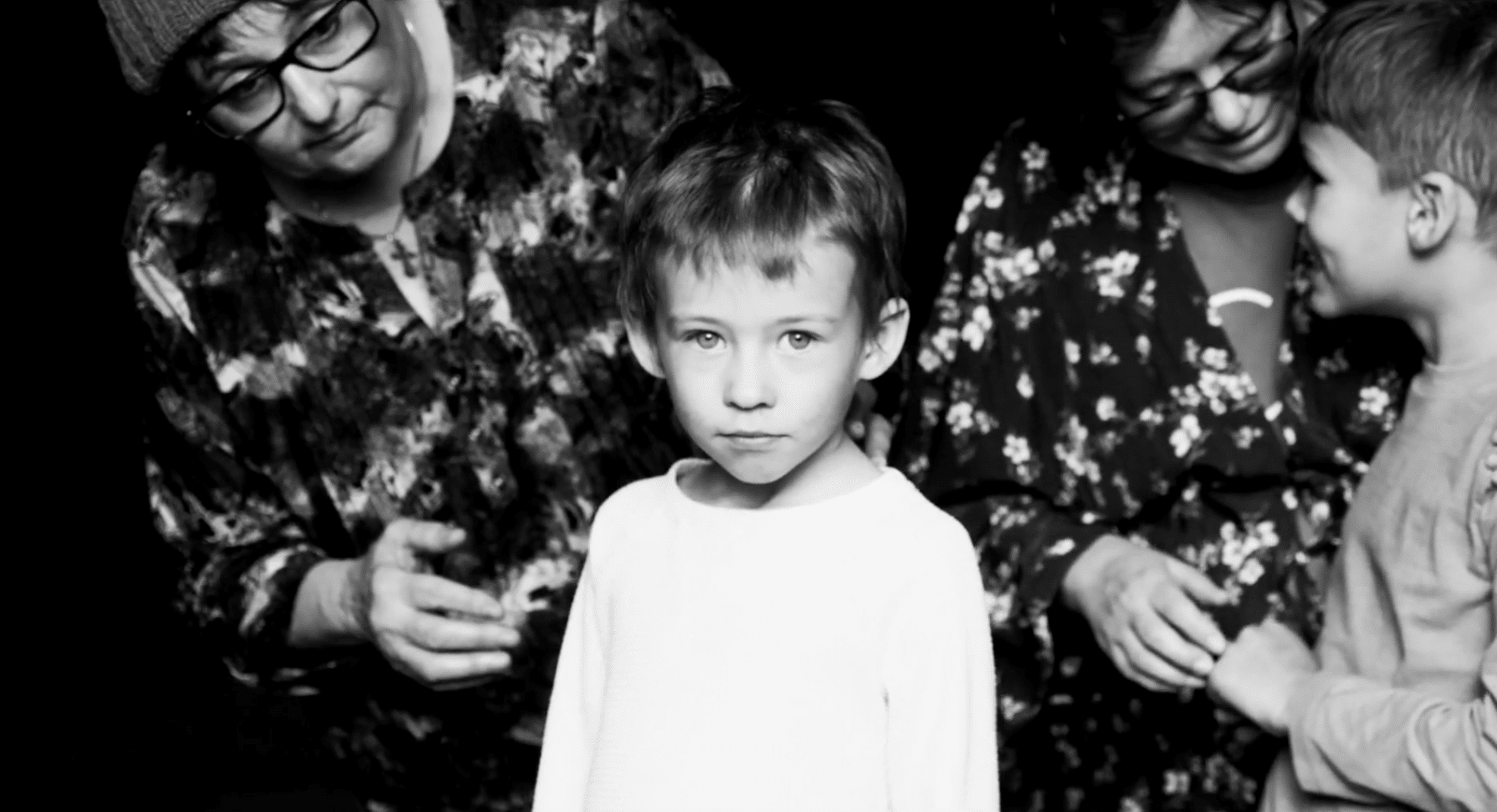
The track blends gothic pop with raw emotional storytelling—how would you describe your sound, and what draws you to these darker musical textures?
As a singer, I would say that I have a broad range of musical sound. As an artist, I’m naturally emotional and in this instance, seeing images of such helpless and panicking children, I was genuinely motivated to do what I could to help them. It just came naturally that this song would present such a dark mood, but at the same time, I wanted it to carry a positive message of hope and empathy.
Your career spans multiple countries and cultures—from Ukraine and Turkey to the U.S.—how has your cross-continental journey shaped your voice as an artist?
The Roman Emperor Charlemagne once said: “To have another language is to possess a second soul.” I can see what he meant, because it’s not just language, it also incorporates mentality, perspective, culture, way of thinking, responding, experiencing things, and many other nuances of human interaction. I fell in love with the United States when I moved to Los Angeles almost 20 years ago. And now, having spent a couple decades listening to a lot of American music, it has shaped my musical taste, style, and choices. It has also given me an even more broad perspective with which to express myself in my music.
How do you balance your work as a multilingual singer-songwriter and a SAG AFTRA actress, especially on projects like *NCIS* or *FBI: International* that reach such broad audiences?
It’s always exciting to work on shows like that and fun working with other international and multilingual actors. And I really enjoy my dubbing work, as I often get to help “create” other new characters with my own accent, voice, and expressions and, in a sense, make my own mark on these shows.
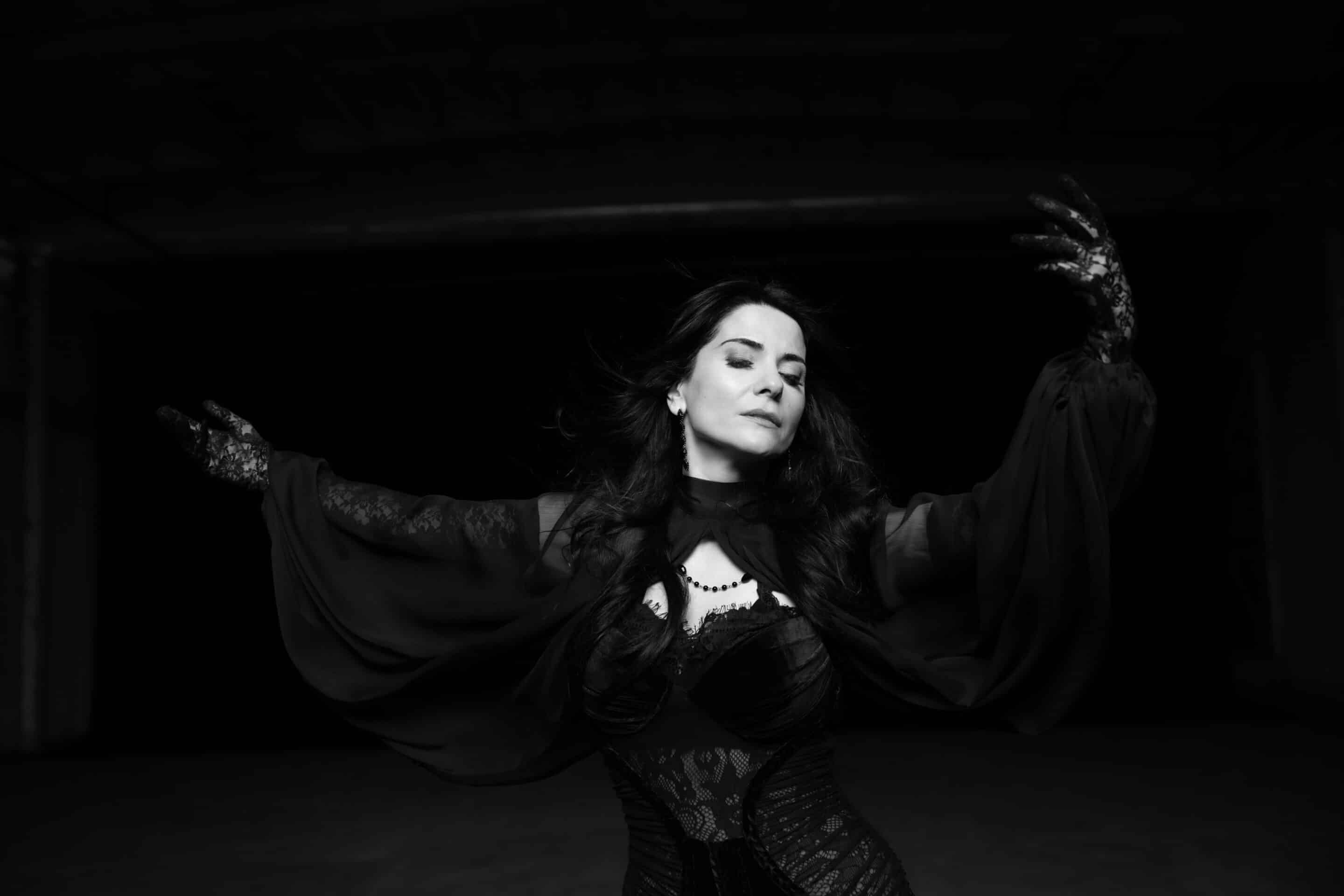
This release feels grounded in empathy and lived experience. How do you see the role of artists in bringing visibility to global crises and personalizing these stories for wider audiences?
I’m humble enough to know that my views aren’t any more important than anyone else’s, but as an artist I also realize that I have a platform with which I can reach many people. I’ve always admired and gravitated toward artists like Audrey Hepburn, Bono, and others who were involved in universal humanitarian causes. And as humans, we’re all obligated to do our part.
It’s not political to want to help innocent refugee children and to help ensure that they’re not forgotten. To me, it’s important to shed some light on them and bring awareness of such tragedies, and to invoke the empathy of people everywhere. I like to believe that mass empathy is a great power that can help save the world!
Leymah Gbowee, the Nobel Peace Prize winner said: “Peace is not the absence of war, peace is the presence of conditions that give dignity to all”. As Crimean Tatars in forced exile, we experienced conditions that didn’t give us dignity. Now, as an adult, I want to do what I can to see that every child is treated with dignity and equally respected, regardless of where they came from.
What has been the response so far—especially from mothers and refugees— since you began sharing the song and its message?
Many mothers who participated in my music video were thankful to me for trying to bring broader awareness of their tragedy. In the last few years I’ve seen the empathy of humanity in very beautiful ways. It’s been overwhelming to see how positively some people have responded to others in need and in their darkest days. If you watch for it, you’ll see it. It’s truly gratifying to see people’s compassion and empathy – we all respond to that.
Looking ahead, what themes or stories are you hoping to explore next in your music—and how do you hope “I Hold You Child” continues to resonate after its release?
I hope to continue making songs that give hope to others, songs that are uplifting and relatable to people. Music can heal people and make them feel heard, understood, accepted, included, wanted, worthwhile! For me, that’s the true purpose of the art form, and the gift it gives back to the artist is unbeatable. Just imagine how gratifying it can be to have that effect on even just a few people! And what more could I ask for from my music?

